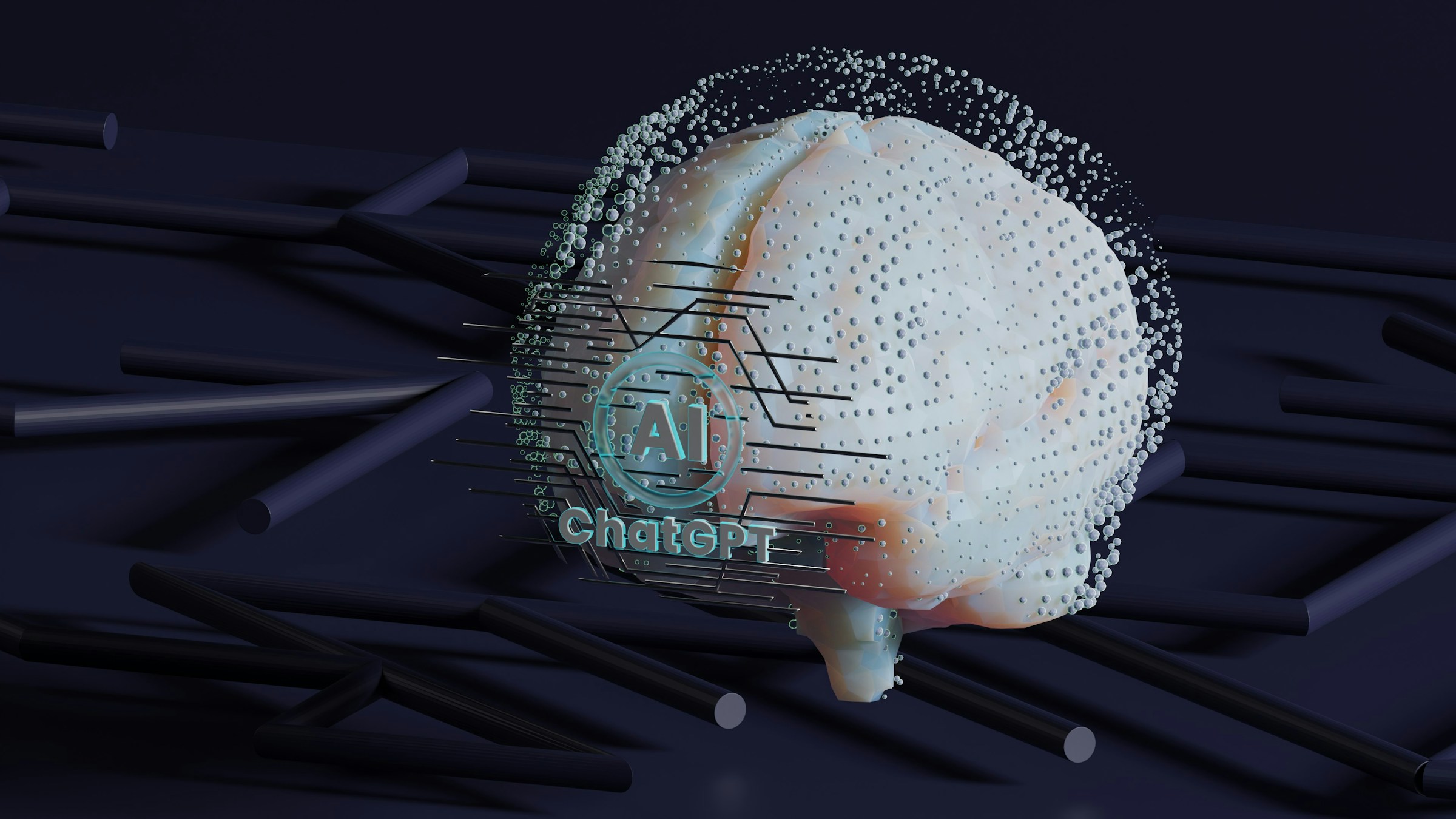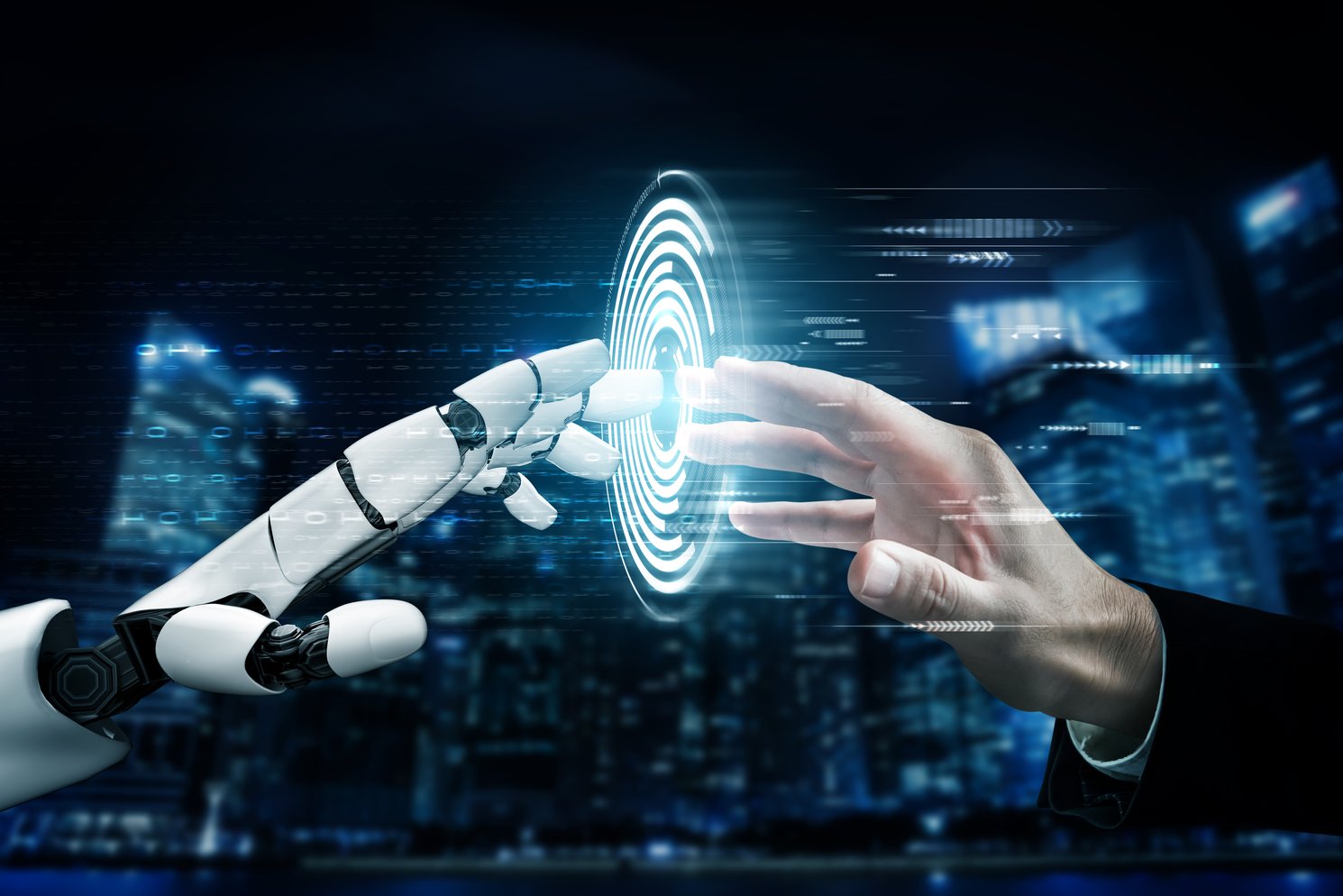The Future Of Work In 2025 - Thriving In A World Of Remote Teams And AI Assistants
Find out the future of work in 2025 with cutting-edge trends (AI, hybrid models), must-have tools, and skills to stay ahead. Get actionable insights now!
Author:Dr. Felix ChaosphereReviewer:Xander OddityMar 22, 20252K Shares71.1K Views

The landscape of employment is undergoing a seismic shift, propelled by technological advancements, evolving societal norms, and unprecedented global events. "The Future of Work" is no longer a distant concept; it's a present reality demanding our attention and adaptation.
The World Economic Forum’s 2025 Jobs Report predicts 170 million new roles by 2030, yet 92 million current ones may disappear. McKinsey adds that 30% of tasks in most jobs are automatable today.
This isn’t a distant future - it’s now. So, how do you thrive amid AI, virtual offices, and career upheaval? This article unpacks how technology is reshaping work and offers hands-on strategies to not just survive, but excel.
AI Assistants - From Tools To Teammates
Picture this: it’s 2025, and your AI assistant schedules meetings, drafts emails, and even brainstorms ideas - all before your morning coffee. Tools like Grok, built by xAI, exemplify this shift, turning AI into a co-worker rather than a gimmick. X posts from early 2025 show AI-driven hiring spiking 68%, with companies using tools like ChatGPT to screen candidates. McKinsey’s 2023 report backs this up, noting that by 2025, 30% of tasks across industries - from accounting to marketing - can be automated.
But it’s not all rosy. Automation displaces repetitive roles (think data entry), pushing workers to adapt. The upside? AI frees you for higher-value work - strategy, creativity, problem-solving. Take Google Workspace’s AI features: real-time captions in Meet and (hypothetical) 2025 task prioritization streamline hybrid teams. The catch? You’ll need skills AI can’t touch.
As AI becomes more integrated into the workplace, it’s essential to develop abilities that AI can’t replicate. You can use a ChatGPT detectorto assess if your work is unique, ensuring your human edge shines through.
The Technological Drivers Of Change
At the heart of the future of work lies the relentless march of technology. Artificial intelligence (AI) and automation are reshaping industries, automating routine tasks, and creating new job categories.
While concerns about job displacement are valid, it's crucial to recognize the potential for technology to augment human capabilities, fostering collaboration and innovation. The rise of cloud computing, big data, and the Internet of Things (IoT) is further accelerating this transformation, enabling remote work, data-driven decision-making, and seamless connectivity.
Remote Teams: The Rise Of The Global Office
Remote work isn’t a trend - it’s the backbone of 2025’s workplace. Google Workspace’s 2021 survey predicted 75% of leaders would embrace hybrid models by 2024, and now, it’s ubiquitous. Tools like Slack, Zoom, and Microsoft Teams connect teams across time zones, but challenges linger. A 2023 Google Workspace Blog found 57% of workers feel disconnected in hybrid setups, highlighting a new buzzword: "collaboration equity." This means ensuring remote and in-person staff contribute equally - a puzzle companies are racing to solve.
Consider a tech startup in 2025: its developers in Berlin, marketers in São Paulo, and execs in New York collaborate via Google Spaces for async updates and Zoom for brainstorms. JLL’s 2024 Future of Work Survey notes 60% of firms expect higher workplace utilization as remote work matures, blending virtual and physical spaces.
The result? Flexibility is king, but success hinges on communication and tech savvy. Workers who master these tools - and the soft skills to match - thrive in this borderless office.
Evolving Job Markets - New Opportunities, New Demands
The job market of 2025 is a paradox: opportunity and upheaval coexist. WEF’s 2025 report lists AI specialists, sustainability managers, and remote coordinators among the fastest-growing roles, fueled by tech and green initiatives.
Meanwhile, clerical jobs fade - 92 million could vanish by 2030, per WEF. McKinsey’s 2023 analysis adds that 375 million people globally need reskilling by decade’s end, a staggering shift.
Take renewable energy: JLL predicts a 15% annual growth in green jobs through 2030, driven by ESG (Environmental, Social, Governance) goals. Or AI ethics - a niche exploding as companies grapple with bias in algorithms. X posts from 2025 buzz about "micro-credentials," short courses certifying skills like data analysis or virtual leadership. The message? Agility is your lifeline. Whether you’re pivoting to a new field or upskilling in your current one, the ability to adapt defines success.
Tools To Navigate The Tech-Driven Workplace
Technology isn’t just changing work - it’s your toolkit for thriving. Here’s what’s powering 2025:
- Google Workspace:A hybrid work MVP, it offers Meet for video, Docs for collaboration, and (hypothetical) 2025 AI-driven task prioritization. Its billions of users prove its staying power. Pro tip: Use Spaces to cut meeting overload, sync updates save hours.
- AI Assistants (e.g., Grok):From research to drafting, Grok and its peers amplify productivity. Pair it with a ChatGPT detector to ensure your output stands out, clients and bosses notice originality.
- Automation Platforms (e.g., Zapier):Link apps to automate workflows, think email triage or CRM updates. A 2024 study found it saves teams 10+ hours weekly. Start small: automate one task this week.
- Slack with AI Integrations:Its bots summarize threads and suggest next steps, tackling the 68% of workers overwhelmed by meetings (Google Workspace). Use it for quick huddles, less Zoom, more action.
These tools aren’t optional, they’re your edge. Mastering them positions you as indispensable, whether you’re remote or in-office.
Practical Tips To Thrive In 2025
The future of work presents both challenges and opportunities. Concerns about job displacement, income inequality, and the digital divide must be addressed through proactive policies and initiatives. Investing in education and training, promoting digital literacy, and supporting entrepreneurship are essential steps.
- Upskill for the AI Era:Focus on what AI can’t do, creativity, critical thinking, empathy. WEF ranks analytical thinking as 2025’s top skill, with emotional intelligence (EQ) close behind. Start with Google.org’s Digital Garage (free) or LinkedIn Learning’s bite-sized courses. Even 10 minutes daily compounds fast.
- Excel in Remote Collaboration:Communication is your superpower. Use polls in Google Meet to engage teams or Slack huddles for spontaneous chats. Practice "over-communication" - clear, concise updates prevent disconnect. Google’s collaboration equity idea applies: make every voice count, virtual or not.
- Stay Agile in Job Markets:Explore emerging fields, AI ethics, green tech, remote management. Network on LinkedIn with 2025’s movers (e.g., sustainability recruiters). Prototype side projects to showcase skills. Micro-credentials from Coursera or edX signal adaptability to employers.
- Leverage Tech Intentionally:Don’t just use tools, optimize them. Set up Zapier to sync your calendar and CRM, or train Grok to match your workflow. Test your work’s uniqueness with a ChatGPT detector, standout ideas win promotions.
- Prioritize Wellbeing:Tech speeds up work, but burnout lurks. A 2025 X trend notes 4-day workweeks boosting productivity 20% (e.g., Microsoft Japan’s 2019 trial). Advocate for flexibility, data shows it retains talent.
Real-World Wins - Stories From 2025
- Tech Startup Success:A remote team in 2025 cut costs 20% using Google Workspace and Zapier, per X chatter. AI handled admin; humans innovated, revenue soared.
- Freelancer Pivot:A graphic designer doubled her client base by blending AI (Grok for ideation) with human flair, verified via a ChatGPT detector. Her pitch? "Uniquely human creativity, tech-enhanced."
- Corporate Shift:A mid-sized firm adopted Slack AI and a 4-day week in 2025, per hypothetical Deloitte data. Employee satisfaction hit 85%, turnover dropped 15%.
These stories prove it: tech plus strategy equals results. What’s your move?
FAQ About The Future Of Work
How Will AI Change My Job In 2025?
AI will automate repetitive tasks (e.g., scheduling, data entry), per McKinsey’s 30% estimate. Your role may shift to oversight, creativity, or strategy, skills AI can’t mimic.
What’s The Best Tool For Remote Teams?
Google Workspace leads for versatility, Meet, Docs, and Spaces cover most needs. Slack shines for quick comms, Zapier for automation. Pick based on your team’s flow.
How Do I Stay Relevant In A Changing Job Market?
Upskill fast, focus on adaptability, tech literacy, and EQ. WEF says 375 million need reskilling by 2030. Start with free platforms like Google.org or Coursera.
Can I Use AI Without Losing My Unique Value?
Yes, use it as a booster, not a crutch. A ChatGPT detectorcan confirm your work’s originality, keeping your human edge sharp.
Is Remote Work Here To Stay?
Absolutely, 75% of leaders predicted it by 2024 (Google Workspace), and 2025 data confirms it. Hybrid models dominate, blending flexibility with connection.
Conclusion
The future of work in 2025 is a tech-charged landscape, AI assistants amplify your output, remote teams erase borders, and job markets demand agility. It’s not about keeping up; it’s about standing out. Pick one tool (Google Workspace?), one skill (creativity?), one step (a course?), start now. Technology is your ally, not your rival. As WEF’s 170 million new jobs loom, the question isn’t “What will work become?” It’s “How will you shape it?” Your move.
Jump to
AI Assistants - From Tools To Teammates
The Technological Drivers Of Change
Remote Teams: The Rise Of The Global Office
Evolving Job Markets - New Opportunities, New Demands
Tools To Navigate The Tech-Driven Workplace
Practical Tips To Thrive In 2025
Real-World Wins - Stories From 2025
FAQ About The Future Of Work
Conclusion

Dr. Felix Chaosphere
Author
Dr. Felix Chaosphere, a renowned and eccentric psychiatrist, is a master of unraveling the complexities of the human mind. With his wild and untamed hair, he embodies the essence of a brilliant but unconventional thinker. As a sexologist, he fearlessly delves into the depths of human desire and intimacy, unearthing hidden truths and challenging societal norms.
Beyond his professional expertise, Dr. Chaosphere is also a celebrated author, renowned for his provocative and thought-provoking literary works. His written words mirror the enigmatic nature of his persona, inviting readers to explore the labyrinthine corridors of the human psyche.
With his indomitable spirit and insatiable curiosity, Dr. Chaosphere continues to push boundaries, challenging society's preconceived notions and inspiring others to embrace their own inner tumult.

Xander Oddity
Reviewer
Xander Oddity, an eccentric and intrepid news reporter, is a master of unearthing the strange and bizarre. With an insatiable curiosity for the unconventional, Xander ventures into the depths of the unknown, fearlessly pursuing stories that defy conventional explanation. Armed with a vast reservoir of knowledge and experience in the realm of conspiracies, Xander is a seasoned investigator of the extraordinary.
Throughout his illustrious career, Xander has built a reputation for delving into the shadows of secrecy and unraveling the enigmatic. With an unyielding determination and an unwavering belief in the power of the bizarre, Xander strives to shed light on the unexplained and challenge the boundaries of conventional wisdom. In his pursuit of the truth, Xander continues to inspire others to question the world around them and embrace the unexpected.
Latest Articles
Popular Articles

